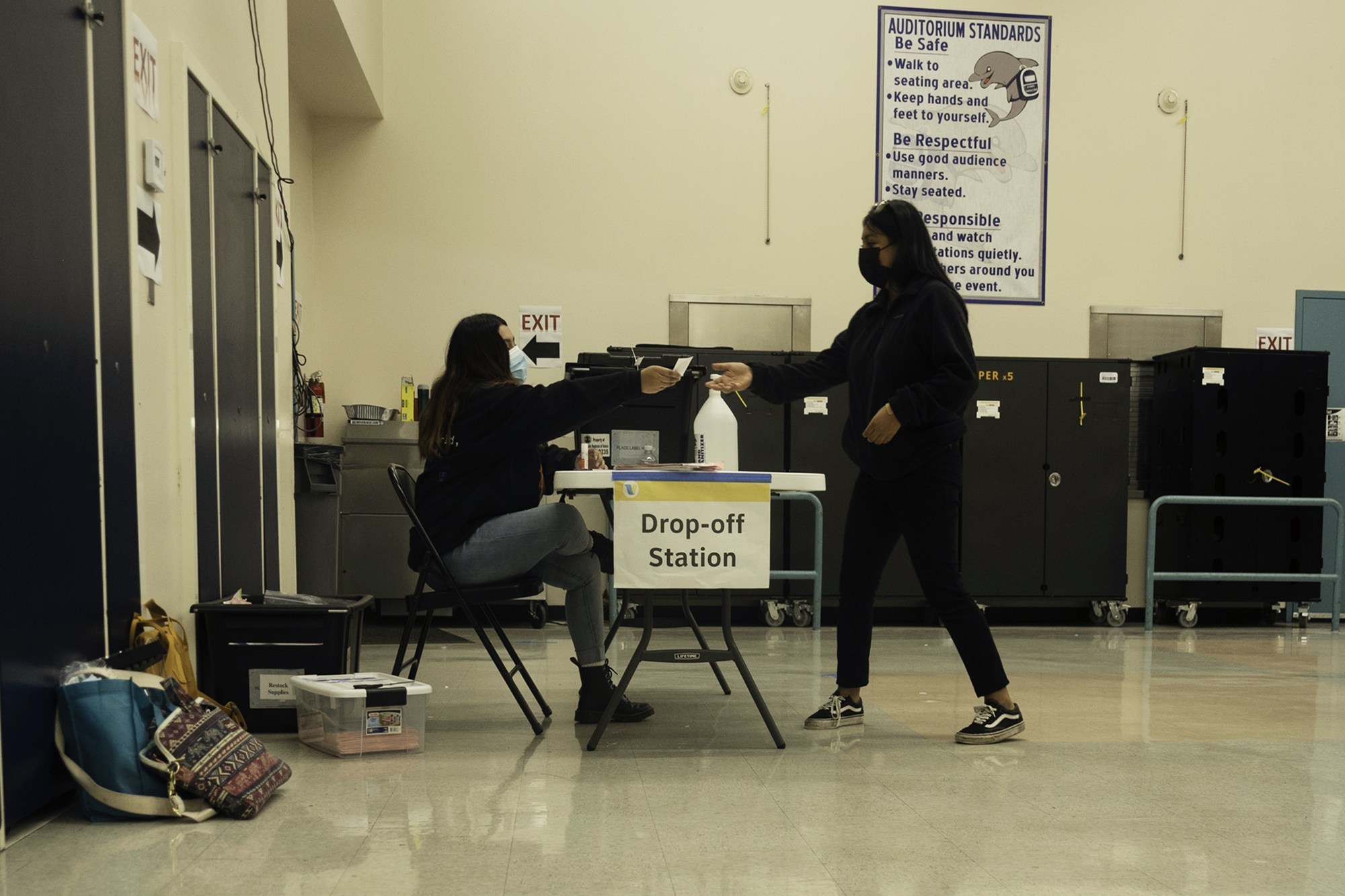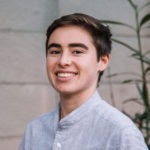Voting at 17? Not so fast

NOVEMBER 6, 2020
A proposal to give younger people a greater voice in elections was resoundingly rejected by about 55% of California voters.

By some measures Proposition 18, which would have allowed 17-year-olds to vote in primary elections if they turned 18 by the next general election, should have been a shoo-in. It had the support of Governor Newsom, Secretary of State Alex Padilla, the California League of Conservation Voters and the state Democratic Party, and financial support from Patty Quillin, philanthropist and wife of Netflix co-founder Reed Hastings. Donors contributed nearly $1 million.
Furthermore, it has plenty of precedents: Nationwide, at least 18 states and Washington D.C. allow 17-year-olds who would be eligible for the next general election to vote in primaries.
Yet the statewide measure won approval in only six of California’s 58 counties — Los Angeles, Mendocino and a cluster of Bay Area counties.
Kevin Mullin, the Assemblymember from San Mateo and a joint author of the bill, pronounced the results “disappointing” and vowed to continue to pursue change. “Prop. 18 would have helped strengthen our democracy and helped build lifelong habits of civic participation,” he said. Mullin’s father Gene Mullin, a former high school civics teacher, had backed a similar effort when he served in the Assembly.
The proposition was opposed by the Election Integrity Project and the Howard Jarvis Taxpayers Association, and apparently had no funding. Not to be confused with a similarly-named research project based at Harvard University, the Election Integrity Project is a conservative nonprofit organization.
The Election Integrity Project could not be reached for comment by time of press, but Susan Shelley, communications vice president for Howard Jarvis Taxpayers, said she was glad the measure failed.
“Our concern was that high school students who were in the classroom would receive a one-sided presentation about tax increases on the primary ballot,” Shelley said, “and then would be asked to vote on them, and we thought that was inappropriate.”
So with all that high-profile support and money, why did Prop. 18 fail?
Kei Kawashima-Ginsberg, Director of the Center for Information & Research on Civic Learning and Engagement (CIRCLE) at Tufts University, said several factors may have contributed to the measure’s defeat.
“Younger people doubt themselves,” she said. “We constantly get about one in five young adults saying they don’t think they’re qualified to vote. So there’s actually a fair number of young people who don’t support youth-oriented policies.”
She said another factor could be “adultism,” or bias against young people, and the fact that 18 seems to be a magical number that conveys maturity, even if no evidence supports that view.
It’s surprising “in an era of teenagers really leading the way in protests and movements at the local level,” Kawashima-Ginsberg added, “because they’ve proven themselves over and over, that they do know what they’re talking about.”
Arev Walker, a 17-year-old at Berkeley High School, is one of those young people leading the way. She’s been working with the nationwide Vote 16 campaign — a movement to lower the voting age to 16 for local elections — since her sophomore year. She and other members of Berkeley Vote 16 made a ballot guide ahead of the general election and sent it out to the community.
“Our mission is really just to engage young people with voting and with democracy,” Walker said. “So everything that we make is really targeted toward young people and meant to be digestible for people who aren’t super comfortable or used to the system.”
Although Prop. 18 didn’t pass, similar local measures on the ballot in Oakland and San Francisco produced mixed results. Oakland’s Measure QQ, which would allow 16-year-olds to vote in school board elections, passed with 67% of the vote. However, San Francisco’s Prop. G, which would have given 16-year-olds the right to vote in citywide elections, is expected to lose narrowly.
Walker was active in organizing for both measures. She said one possible reason for Measure QQ’s success was its narrow focus on school board races. She said she suspects that voters reasoned, “This is a school board, they make decisions about students’ lives.”
Oakland wasn’t the first Bay Area city to take this tack. In 2016, Berkeley residents voted to pass Measure Y1, which was supposed to give 16-year-olds the right to vote for school board candidates. However, the measure’s language lacked a clear implementation process, and four years later, it still hasn’t taken effect.
Elena Neale-Sacks is a reporter at UC Berkeley’s Graduate School of Journalism.


